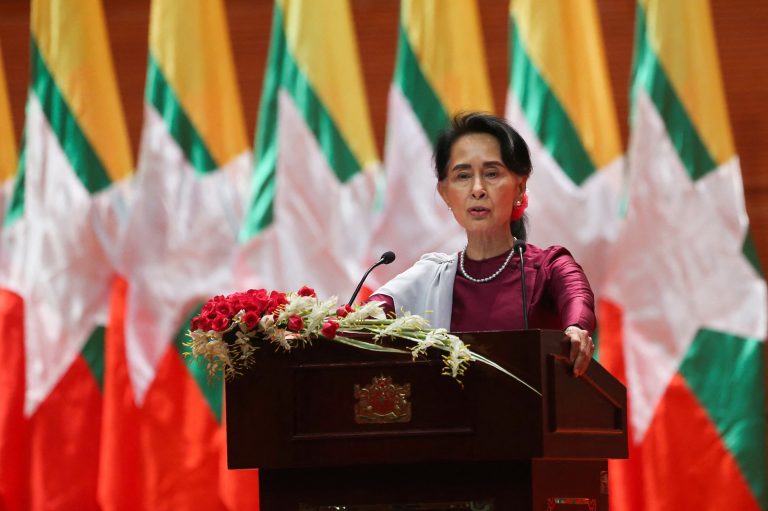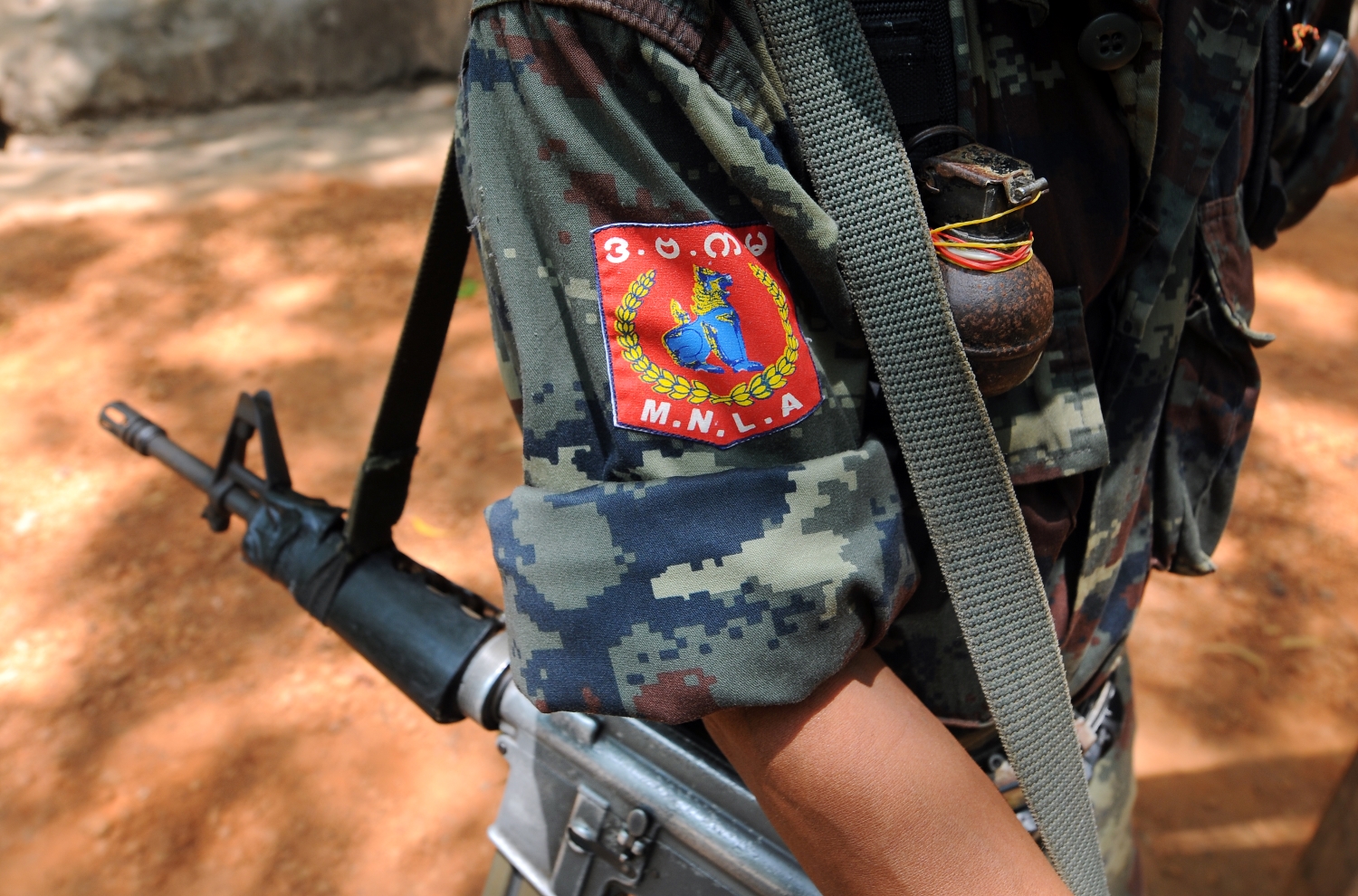The jailing of the “whistleblower” further blights the record of a government that has shown no real stomach for fighting corruption.
FOR A government that prides itself on its corruption-fighting credentials, it seemed an odd response.
Someone had made a public accusation against a government official, apparently an associate of Yangon Chief Minister U Phyo Min Thein. A bribe had been paid, a service not delivered. There was evidence to prove it, the accuser claimed.
And then what happened? The “whistleblower” was arrested – twice, in fact, on the same day. He’s in jail, facing five charges across three townships, including three under the little-used Habitual Offenders Act.
By now you’ve probably worked out we are referring to U Michael Kyaw Myint, who claims he paid K1.2 million to a regional government official to ensure some farmers he wanted to do business with got back land in North Dagon that had been confiscated from them years before.
Frontier is not in a position to assess the veracity of these accusations. But what we can analyse is the response, and what it tells us about politics and prospects for reform in this country.
Support more independent journalism like this. Sign up to be a Frontier member.
The government has not commented publicly on the accusations. The official in question initially denied any knowledge of the accusations, or even knowing his accuser. Asked to explain phone messages he apparently sent to Michael Kyaw Myint, the official later admitted to a local newspaper that he had hurriedly sent them while he was in a meeting and had not realised the subject of the conversation.
When a journalist asked Phyo Min Thein about the allegations at a press conference on June 9, the chief minister said, “The person responsible has already explained about that, so we don’t need to say any more.”
Case closed, apparently. But should it be? The accusations may indeed be unfounded, but instead of being dismissed out of hand there should be a serious and independent investigation. This might be an inconvenience for the government, but it is important in the long run. An investigation that clears the official in question of wrongdoing would remove any lingering doubts.
As it is, we have one man’s word against another’s. The difference is that one has the backing of the government, and the other doesn’t. That’s why one is in prison. It’s not exactly a fair fight.
Michael Kyaw Myint is facing a 66(d) charge based on a complaint from Phyo Min Thein’s office. While the exact nature of the 66(d) complaint is not yet known, it presumably relates to Facebook posts that repeat the corruption allegation.
National League for Democracy officials have stated publicly that those who tell the truth should not be prosecuted under 66(d). Asked about 66(d) late last year, Pyithu Hluttaw Speaker U Win Myint told reporters: “It is not true that people are not allowed to speak out anymore. They can but they must take responsibility for what they say. … If they have evidence that they say is correct, they will be freed.”
Of course, truth is not a defence for a 66(d) charge – as a lawyer, Win Myint would no doubt know that. But if we take his comments at face value, do they not suggest that Michael Kyaw Myint’s allegations need to be investigated to determine the validity of a defamation case?
Of course, the government could respond that Michael Kyaw Myint should have followed the proper channels, rather than publicly state his claim. He could have submitted a complaint to the Anti-Corruption Commission, for example.
The truth is though that the commission has never had a shred of credibility. When it took office, the NLD had an opportunity to reform this important body, but has happily maintained the status quo. In fact, it has shown no real stomach for fighting corruption at all. Witness the way it let off former Magway Region Chief Minister U Phone Maw Shwe, after he was accused of misusing millions of dollars.
In its actions, it has sent a clear message: speak out about corruption at your own peril.
This editorial originally appeared in the June 15 edition of Frontier.






